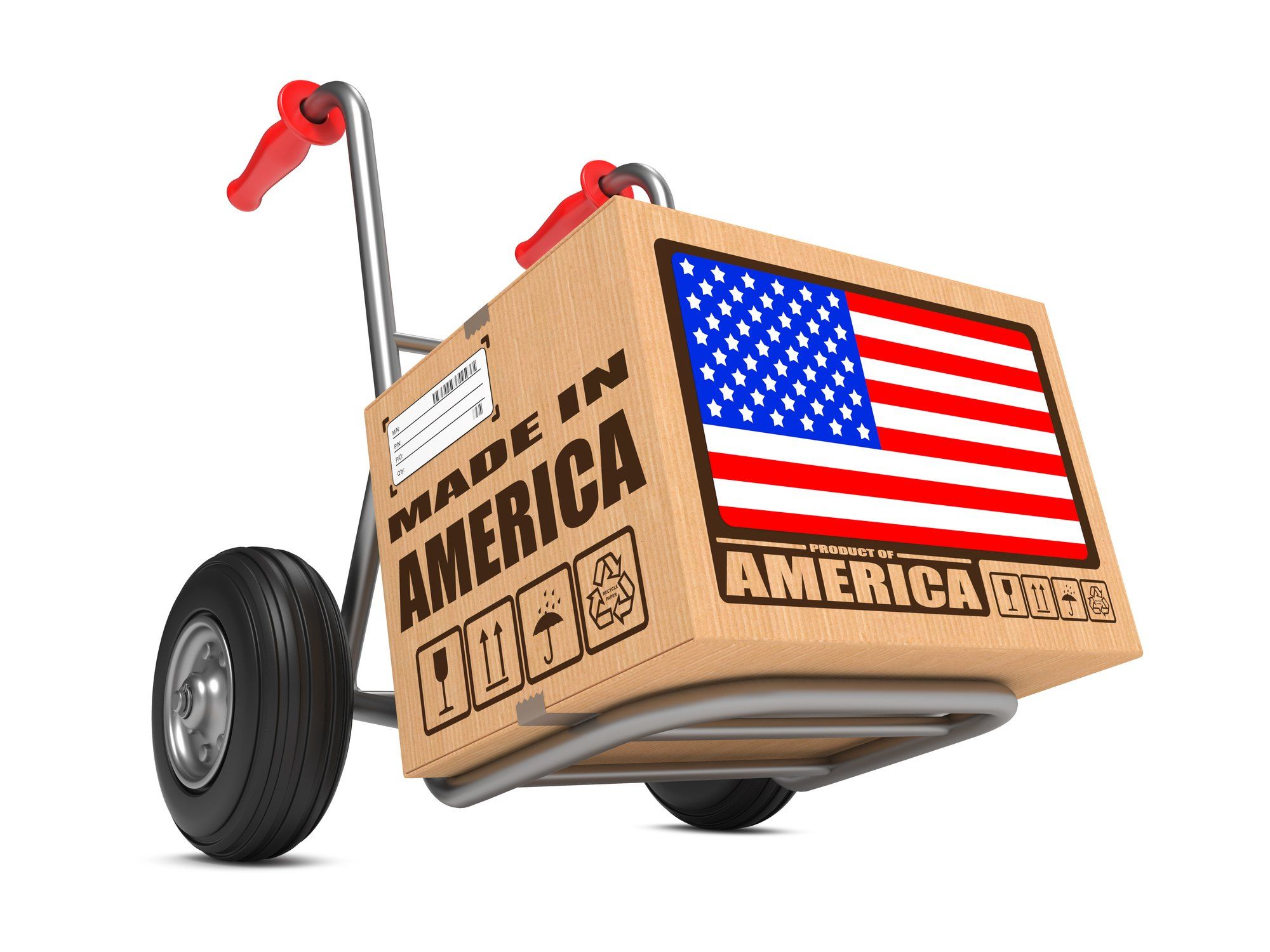Top Class Actions’s website and social media posts use affiliate links. If you make a purchase using such links, we may receive a commission, but it will not result in any additional charges to you. Please review our Affiliate Link Disclosure for more information.

Not just any product can be labeled “Made in the USA.” The Federal Trade Commission (FTC) has guidelines that companies must follow to help prevent consumers from being deceived by false and misleading advertising concerning the origin country of their products, as Williams Sonoma Inc., already being challenged over potentially misleading discounts, recently found out when it allegedly failed to comply with these regulations.
What Were the Deceptive Advertising Claims in the Williams Sonoma Lawsuit?
The FTC filed the Williams Sonoma Lawsuit in March 2020 after receiving reports in 2018 from consumers who said they purchased organic mattress pads from Pottery Barn Teen promoted by the company as “Crafted in America from local and imported materials.” The consumers contended that when they received the product, they found out it was actually made in China, contrary to how it was advertised and promoted.
Williams Sonoma, which does business under eight other names — including Williams Sonoma Home, Pottery Barn, Pottery Barn Teen, Pottery Barn Kids, West Elm, Rejuvenation, Outward, and Mark & Graham — claimed that “the mattress pad misrepresentation was an isolated instance of human error,” according to the FTC’s March 2020 complaint in the Williams Sonoma lawsuit.

Over the summer, Williams Sonoma settled with the FTC for $1 million to resolve the allegations that the company engaged in misleading advertising practices by stating products were made in the USA when it was untrue.
Under the terms of the Williams Sonoma lawsuit settlement agreement, the company would be prohibited from claiming its products are “Made in America” unless it can demonstrate that the product’s final assembly has taken place in the U.S. or nearly all of the product’s components are made in the U.S. If any part of a product contains imported parts, the “Made in USA” claim must be qualified with a clear disclosure.
The FTC’s “Made in the USA” Rule
The FTC has a number of regulations to help protect consumers who purchase products relying on a company’s claim of “Made in the USA.” Specifically, the FTC’s rules strictly prohibit labeling and falsely promoting that products originated in the U.S. when they did not.
Under the FTC’s rules, for a company to make an unqualified “Made in the USA” claim, a product must be “all or virtually all” made in the U.S. If products are made with any imported parts, the FTC regulations require companies to qualify the “Made in the USA” claim with specific language indicating what component of the product didn’t originate in the U.S. Similarly, to substantiate a claim that a product has been “assembled in the USA,” the product must have had a substantial part of its assembly occur in the U.S. The Consumer Legal Remedies Act fights false advertising as well.
Consistent with the existing regulations, a new rule proposed by the FTC in June 2020 would also impose civil penalties on companies that violate these regulations, as well as those that falsely make “Made in the USA” claims in mail order advertising.
ATTORNEY ADVERTISING
Top Class Actions is a Proud Member of the American Bar Association
LEGAL INFORMATION IS NOT LEGAL ADVICE
Top Class Actions Legal Statement
©2008 – 2024 Top Class Actions® LLC
Various Trademarks held by their respective owners
This website is not intended for viewing or usage by European Union citizens.















30 thoughts onWilliams Sonoma Lawsuit Sheds Light on False “Made in USA” Advertising Claims
Add me please
Please add me
ADD me please
Please add me
Purchased two Mattress Pads. Thinking they were made in America.
Please add me.
I read labels to make SURE I’m not buying from China particularly. This makes me mad. Please add me.
Add me I don’t have receipts
Please add me to the list.